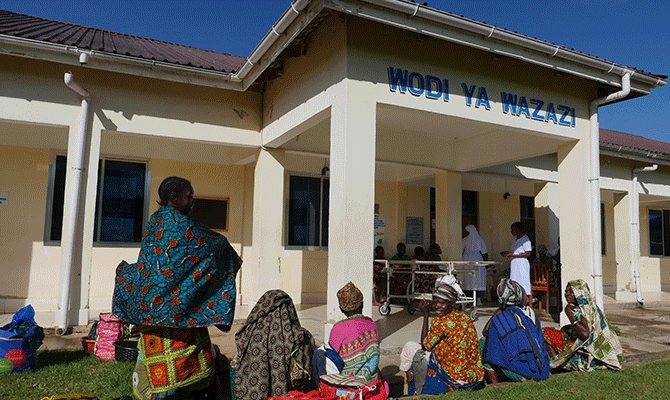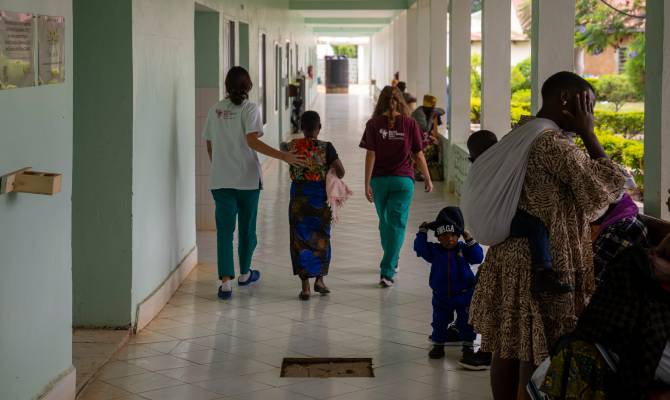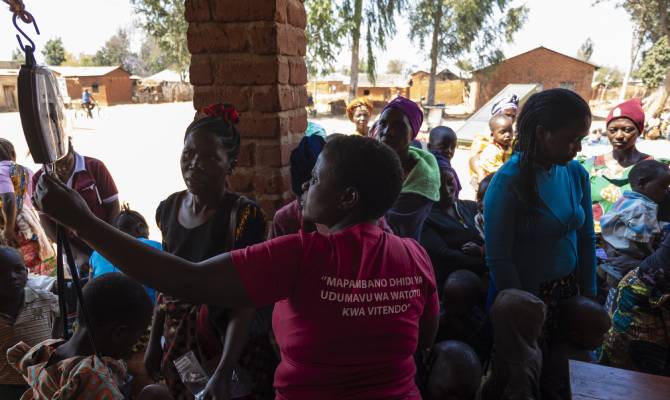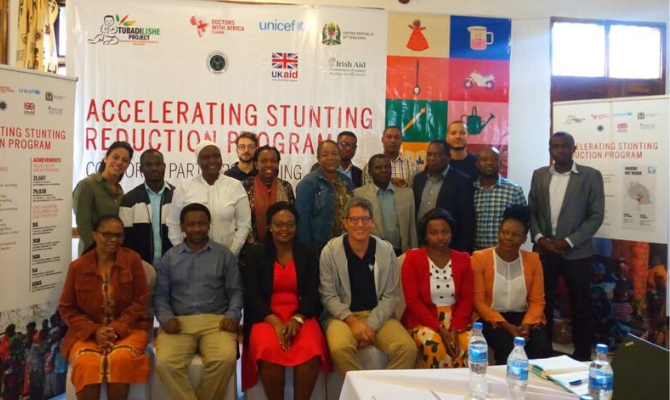“The Next Generation Program: Local Experiences, Global Impact” is a high-level meeting on the nutrition situation in Tanzania that will take place in Dar Es Salaam on 5 October 2016. It will also provide the occasion to present “The Next Generation Program: Integrated Promotion of Nutrition, Growth and Development in Tanzania”, a project that aims to reduce malnutrition by 17% in the Simiyu and Ruvuma Regions and to treat more than 16,160 children suffering from acute malnutrition. The end goal is to prevent 77,300 cases of chronic malnutrition and 1,870 malnutrition-related deaths by the end of 2019, the final year of the project.
It isn’t that difficult to find ways to ensure that expectant mothers can have dignified pregnancies. Indeed, Doctors with Africa CUAMM uses “flipcharts” – small booklets written in the local language and illustrated with pictures to explain good practices and precautions recommended during pregnancy – to help teach pregnant women, some of whom are unable to read, how to take better care of themselves in the period leading up to childbirth.
Such flipcharts have been included as a health communication tool in Tanzania as part of the above-mentioned project, which was developed by Doctors with Africa CUAMM with the support of the Children’s Investment Fund Foundation (CIFF). It takes an innovative, cross-cutting approach to the fight against malnutrition, including efforts to help expectant mothers learn how to improve their often poor eating habits and to inspire their sense of confidence in local healthcare services.
These activities to educate and raise awareness on nutritional health among targeted communities are being carried out by community health workers, health center staff and CUAMM personnel. The project is supported by local institutions; in fact, it has been incorporated into the Tanzanian health system from the very start and provides support to districts, communities and childbirth facilities alike.
Launched in December 2015, the project aims to demonstrate how Tanzania’s health system, working in partnership with CUAMM, can tackle both acute and chronic malnutrition by the end of 2019, bringing about improved outcomes at a lower cost. To this end, work is being done to create and train a network of community health workers who will travel around villages visiting pregnant women, newborns and children under the age of 5, identifying and treating those suffering from chronic malnutrition and referring others suffering from acute malnutrition to health centers.





